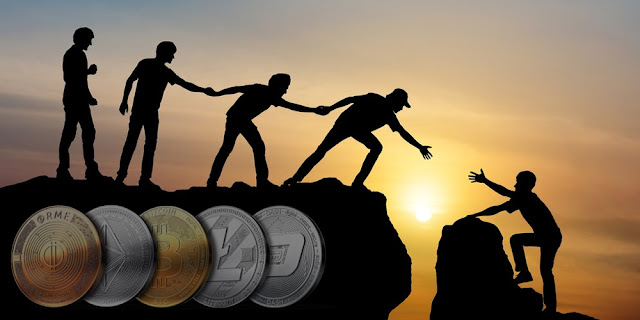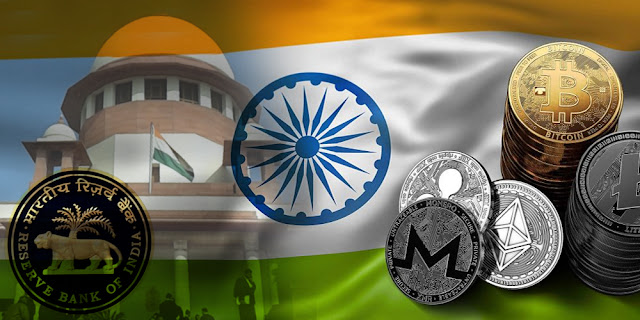Why go trustless?
The idea of distributed ledger technology (DLT) is appealing because it is as close to ‘trustless’ as we can get. Imagine a world where you have true autonomy or freedom and outcomes are not decided by centralized intermediaries. For with people or institutions, there is always the possibility of various cognitive biases creeping in. In such instances, decisions are often influenced by individual value systems, vested interests and personal preferences. In other words, there is a good chance that a centralized third party’s decision is not for the greater good and is determined by the whims and fancies of a select few.
Once DLT works as envisaged and becomes truly autonomous then a neutral framework or mechanism could lead to more efficient end results. Outcomes would simply be due to action and consequence within a set framework. A form of a trustless network that is gaining widespread adoption is the blockchain, and myriad cryptocurrency entrepreneurs would delve into great detail about the nature of this game-changing technology.
Why Go Trustless?
The current monetary system is ostensibly the foundation on which contemporary society functions. Here, banks act as the de-facto brokers of power; acting as middlemen who manage our money and transactions. It is a system that is based on trust and we all know how that has worked out.
Banks are officially in charge of a region’s economic diktat via ‘government laws’. As a result, in such a system, trust is the only option.
When it comes to the blockchain, at present, they do not entirely eliminate trust. However, as a system, they minimize the trust by as much as possible with current technology; they distribute trust among different actors in the system by way of using a consensus-based system that incentivizes actors to co-operate with the rules that are defined by the protocol.
The blockchain offers a glimpse into how a completely autonomous system that works entirely on the principles of merit could function. The emergence of paradigm changing technologies such as artificial intelligence shall eventually help bring to fruition a system that is completely decentralized.
Here’s how the blockchain could change the world:
Source: Helen Yu
Decentralized frameworks could enhance transparency, trust and efficacy in the long run. By eliminating middle-men they could create more streamlined systems that work for the good of society. The use of blockchain is already being considered in the logistics, healthcare, banking and politics sectors among others.



Comments
Post a Comment